Losing or because of the death of your grandfather? Talk about the impact of off-field factors on athletes
In the semi-finals of the Madrid Open WTA1000 2025, world No. 2 Swiatek of Poland was beaten 1-6 1-6 by American Gauff. Not only did the defeat mean that she faced three straight defeats for her former maid, but it was also the result of a sudden pre-match family change that sparked a lot of discussion - Swiatek's grandfather died before the start of the Madrid tournament, and she rushed back to Poland for the funeral to rush into the competition, and the mental and physical pressure became the hidden driver of the rout. This incident has once again brought the issue of "how off-court factors affect the state of athletes" in professional tennis to the forefront. From Swiatek to Serena Williams to Anisimova, countless examples have shown that the performance of a professional athlete is not only determined by technique, but also by mental state.
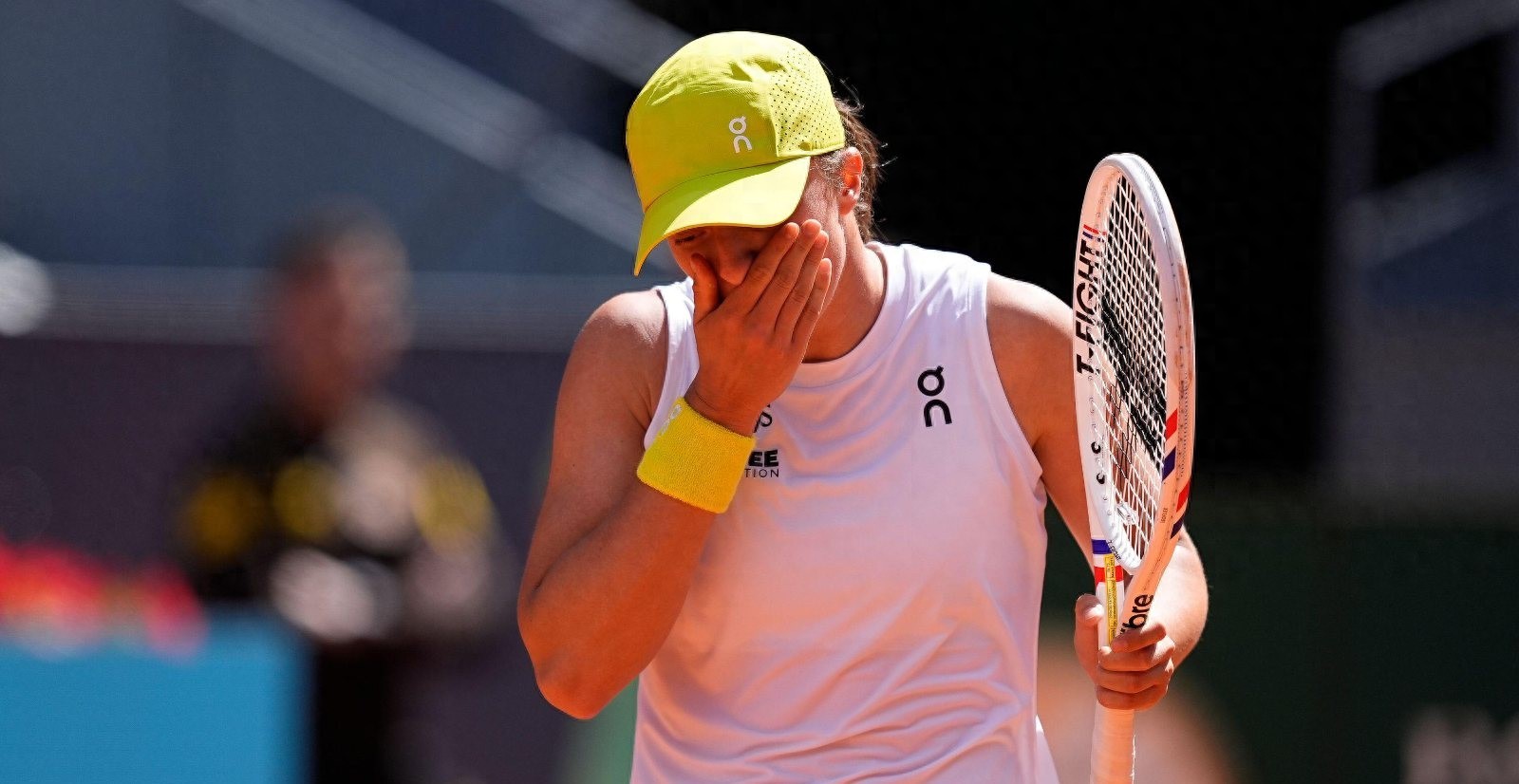
Swiatek's defeat in Madrid was inextricably linked to the psychological impact of her grandfather's death. According to the post-match interview, she temporarily returned to Poland for mourning due to the death of her grandfather a week before the game, and then immediately moved to Madrid to compete. During the match, Swiatek's movement speed dropped significantly, and she made a whopping 28 unforced errors while scoring just seven winning points, in stark contrast to Gauff's 18 winning points. "I was really bad, I wasn't moving and focused," she admits. This mood swing is not unique, as she also cried out of the field after losing to Gauff in the 2025 Union Cup final due to psychological pressure. The psychological burden of family accidents often makes it difficult for athletes to maintain a stable technical output in high-pressure competitions.
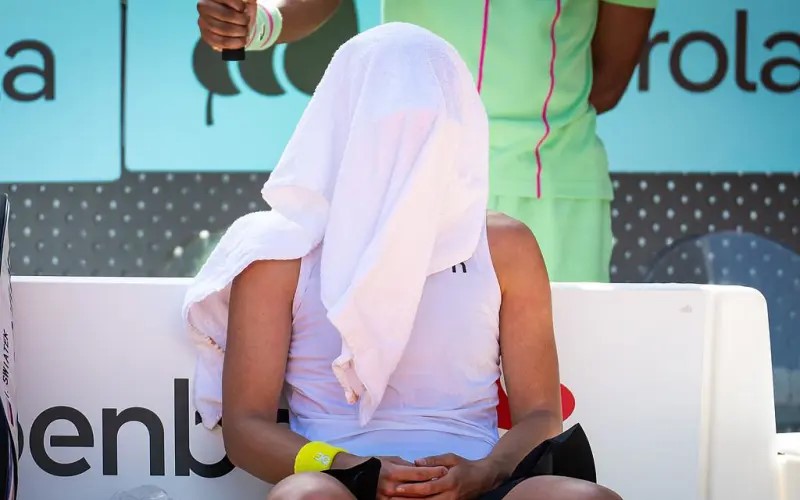
Serena Williams suffered a rare 1-6 0-6 defeat in the first round against Conta in San Jose 2018. After the game, she revealed that she was emotionally broken when she learned before the game that the killer of her half-sister had been released early: "I can't stop imagining my sister's children, who have lost their mother, and I have to stand on the court to play. "This defeat shows the devastating impact of off-field tragedy on the psychological state of athletes. Serena Williams' case shows that even a 23-time Grand Slam champion with a strong mental stature can struggle to maintain his level of competence under the mental weight of unexpected events. Her serve success rate plummeted to 45 percent, her unforced errors were twice as high as her winning points, and her technical moves were completely deformed.
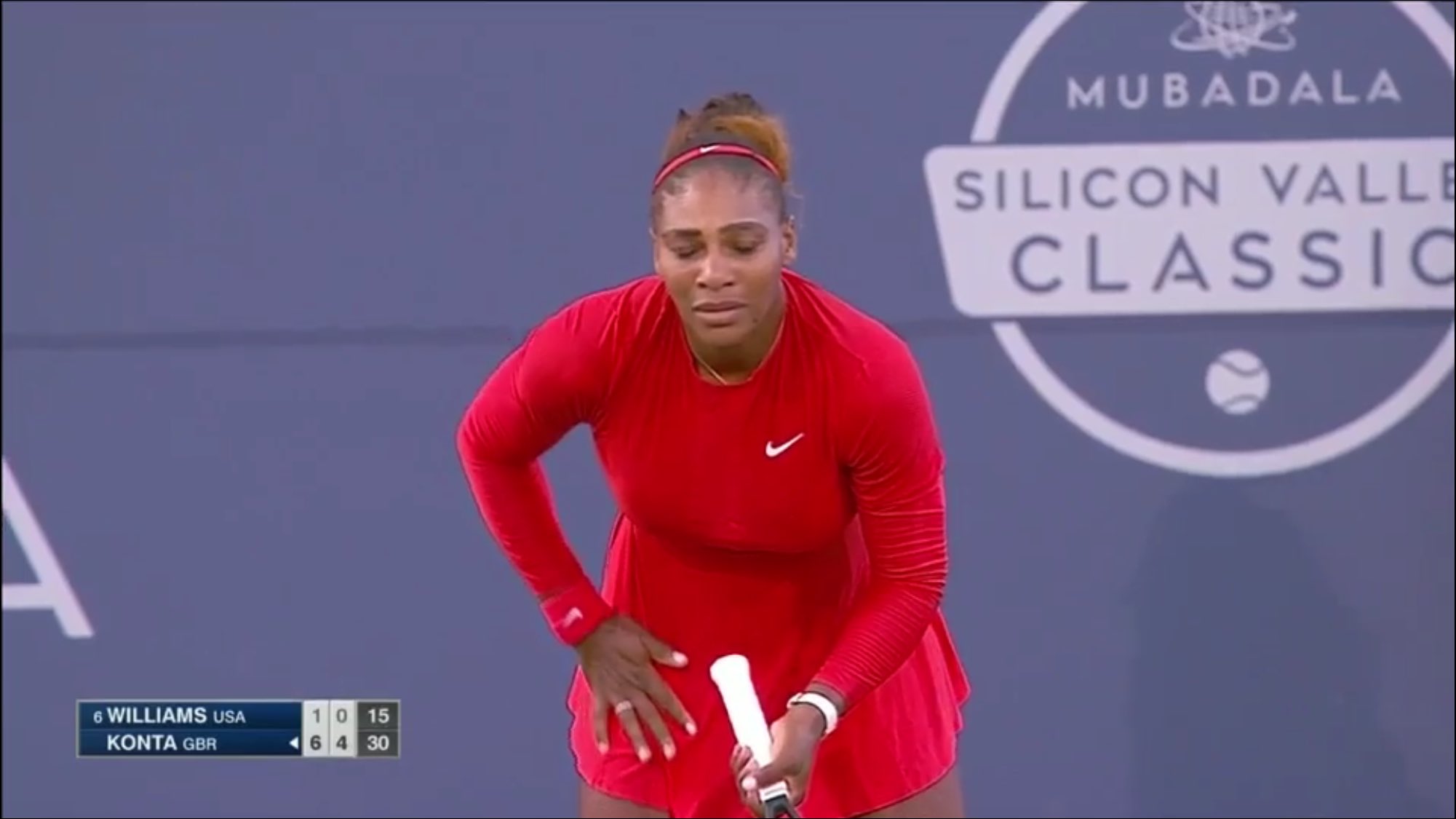
In 2019, at the age of 17, Anisimova reached the semi-finals of the French Open, but then suffered a series of career blows: first she retired from the tournament with an injury in San Jose, and then her father and coach died of a heart attack, which directly led to her withdrawal from the US Open and a break from tennis for half a year. Psychologists have pointed out that adolescent players are more likely to fall into a state of depression when they lack a mature psychological adjustment mechanism. Anisimova's case illustrates the harsh reality of professional tennis, where athletes need to find a balance between the support of their loved ones and their independent growth, and sudden family changes can completely change the trajectory of a player's career.
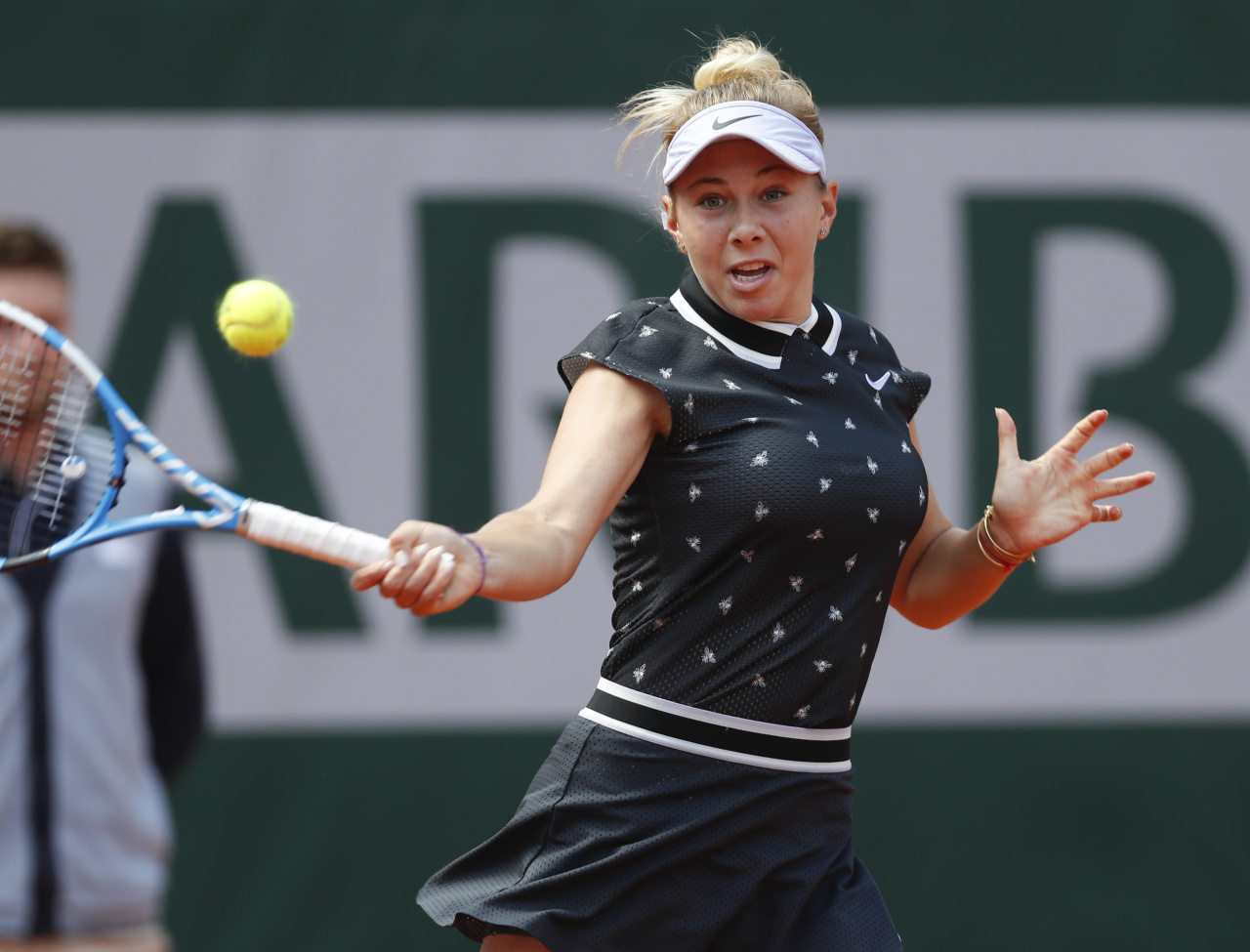
After her mother died in a car accident in 2013, Russian star Petrova announced her retirement after only three months of competition. "Every time I pick up a racket, I think of my mother sitting in the stands," she said in an interview. In the final of the 2016 Chile 10K, local player Segur came to a year-long halt in his career after his father died of a heart attack. Unlike the tragedy mentioned above, Djokovic was motivated by his age Gasquet's victory, which is a reverse testament to the double-edged effect of off-field factors – positive events can turn into competitive momentum.
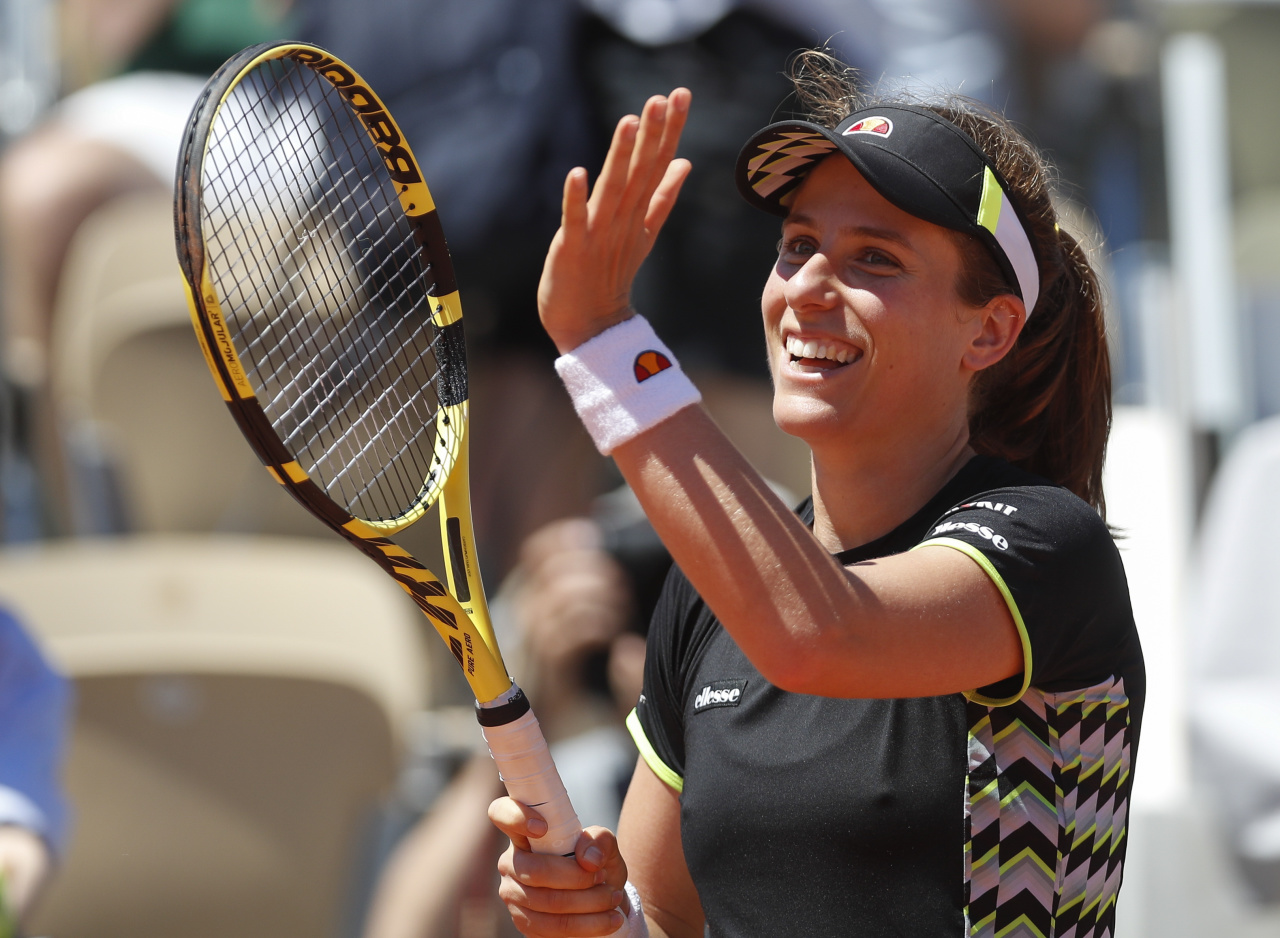
Physiological studies have shown that emotional stress can lead to elevated cortisol levels, which directly affects an athlete's reaction speed and decision-making ability. In Swiatek's case, her average reaction time in Madrid was 0.2 seconds slower than normal, which was enough to decide the outcome in a top-level matchup. Psychologists recommend the following countermeasures: first, establish a support system, such as Nadal's team with a full-time psychological coach to help him maintain his competitive condition during his father's serious illness; secondly, to flexibly adjust the schedule, learn from the practice of Naomi Osaka in withdrawing from the French Open, and give athletes time to deal with personal matters; Finally, post-traumatic interventions are also important, with long-term counselling and career planning support in cases like Anisimova.
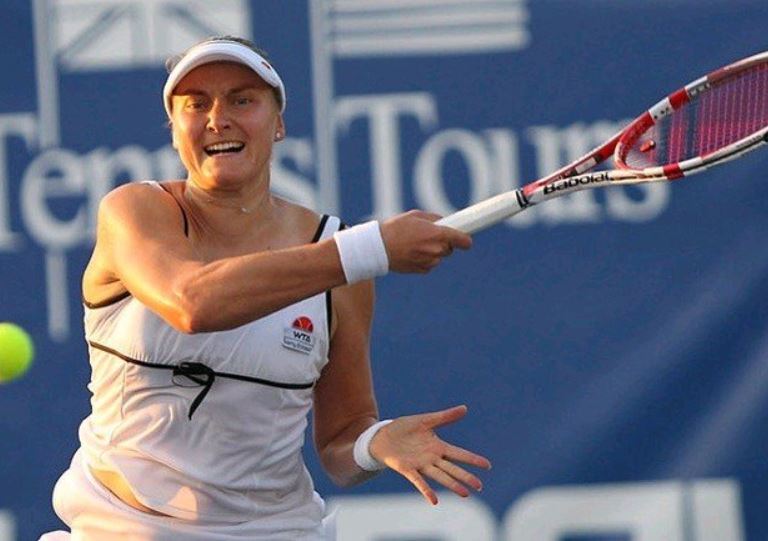
The psychological demands of tennis make the impact of off-court factors often underestimated. From the debacle following the death of Swiatek's grandfather to Serena Williams' dysfunction due to family tragedy, these cases collectively reveal the deep dilemma of professional sports: athletes are not only skilled competitors, but also emotionally rich ordinary people. How to properly deal with life changes while maintaining professionalism will become an important topic in the development of modern tennis, as psychologist Carlos Coste said: "When we talk about the birth of champions, we should not lose sight of the emotional cornerstones that support them behind the scenes. ”(Source: Tennis Home Author: Xiaodi)







 Links
Links
 Contact
Contact
 App
App


